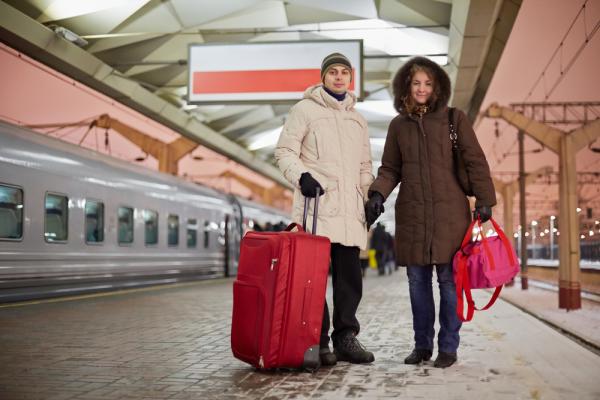“If you don’t feel safe alone, I will ride with you.”
These words have so much depth.
When an armed man with unidentified ties to radical Islam took control of a Sydney café for over 16 hours on Monday, a social media campaign under the hashtag #IllRideWithYou started rapidly trending on Twitter. Australians started the hashtag to stand in solidarity with Muslims during the immediate tension following the siege. In a matter of hours, the hashtag became an international movement creating over 480,000 tweets.
The hashtag was inspired when one user tweeted the story of a young Muslim woman who removed her hijab (traditional Islamic head scarf) while riding public transportation because she feared that identifying herself as a Muslim would put her in danger of misdirected violence toward innocent Muslim citizens in the aftermath of another extremist fueled act. The tweet continued to describe another young woman who “ran after her at the train station [and said] ‘put it back on. I’ll walk with u [sic]..’”
This original tweet inspired Tessa Kum, an Australian TV content editor, to reply with a message that sparked a movement. From her handle @sirtessa, Kum tweeted,
“If you reg take #373 bus b/w Cogee/Martin Pl, wear religious attire, & don't feel safe alone: I'll ride with you. @ me for schedule.”
Read the Full Article

